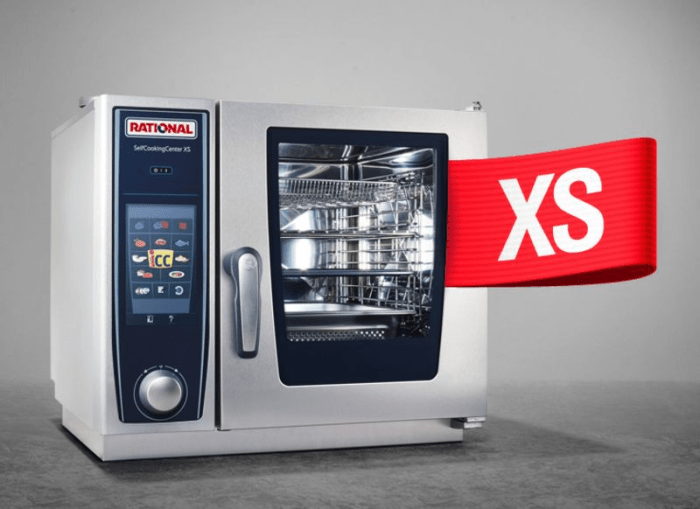Is 0.1875 rational or irrational – Embarking on an intellectual journey, this discourse delves into the captivating realm of rational and irrational numbers, with a specific focus on the enigmatic 0.1875. Join us as we unravel the mysteries surrounding this number, determining its true nature and exploring its unique properties.
In this comprehensive analysis, we will delve into the fundamental concepts of rational and irrational numbers, equipping you with the knowledge to confidently classify any number you encounter. Through a meticulous examination of 0.1875, we will uncover its hidden characteristics and shed light on its mathematical significance.
Rational Numbers

Rational numbers are numbers that can be expressed as a fraction of two integers, where the denominator is not zero. Rational numbers include all integers and all fractions.
Properties of Rational Numbers
Rational numbers have several properties that distinguish them from irrational numbers. These properties include:
- Rational numbers can be added, subtracted, multiplied, and divided (except by zero) and the result will always be a rational number.
- Rational numbers can be compared using the usual ordering of numbers.
- Every rational number has a decimal expansion that is either terminating or repeating.
Irrational Numbers

Irrational numbers are real numbers that cannot be expressed as a fraction of two integers. They are non-terminating and non-repeating decimals.
Examples of irrational numbers include:
- Pi (π) ≈ 3.14159
- The square root of 2 (√2) ≈ 1.41421
- The golden ratio (φ) ≈ 1.61803
Properties of Irrational Numbers
Irrational numbers have several important properties:
- They are not rational numbers.
- They are dense on the real number line.
- They are uncountable.
Determining Rationality: Is 0.1875 Rational Or Irrational
Determining the rationality of a number is essential in number theory. Rational numbers can be expressed as a fraction of two integers, while irrational numbers cannot. Understanding the methods for determining rationality is crucial for further mathematical explorations.
To determine if a number is rational, we can use the following methods:
Methods for Determining Rationality
- Converting to a Fraction:If a number can be expressed as a fraction of two integers (a/b), where b is not zero, then it is rational.
- Repeating Decimals:Rational numbers, when expressed as decimals, will either terminate (end) or repeat a pattern of digits. If a decimal repeats a pattern, the number is rational.
Determining Irrationality
A number is irrational if it cannot be expressed as a fraction of two integers. This means that its decimal representation will never terminate or repeat a pattern.
Examples of Determining Rationality
Rational:
- 1/2 (can be expressed as a fraction)
- 0.5 (terminating decimal)
- 0.333… (repeating decimal)
Irrational:
- √2 (cannot be expressed as a fraction)
- π (non-terminating, non-repeating decimal)
- e (Euler’s number)
0.1875

0.1875 is a rational number because it can be expressed as a fraction of two integers, specifically 3/16.
A rational number is a number that can be expressed as a fraction of two integers, a/b, where b is not equal to 0. Rational numbers can be terminating or non-terminating. Terminating rational numbers have a finite decimal representation, while non-terminating rational numbers have an infinite decimal representation that either repeats (repeating decimal) or does not repeat (non-repeating decimal).
Special Properties, Is 0.1875 rational or irrational
- 0.1875 is a terminating decimal, which means its decimal representation has a finite number of digits.
- 0.1875 is a positive number.
- 0.1875 is less than 1.
- 0.1875 is between 0 and 0.25.
Frequently Asked Questions
Is 0.1875 a rational or irrational number?
0.1875 is a rational number.
How do you determine if a number is rational or irrational?
A number is rational if it can be expressed as a fraction of two integers, and irrational if it cannot.
What are the properties of rational numbers?
Rational numbers are dense, meaning that between any two rational numbers, there is another rational number. They are also closed under addition, subtraction, multiplication, and division (except by zero).